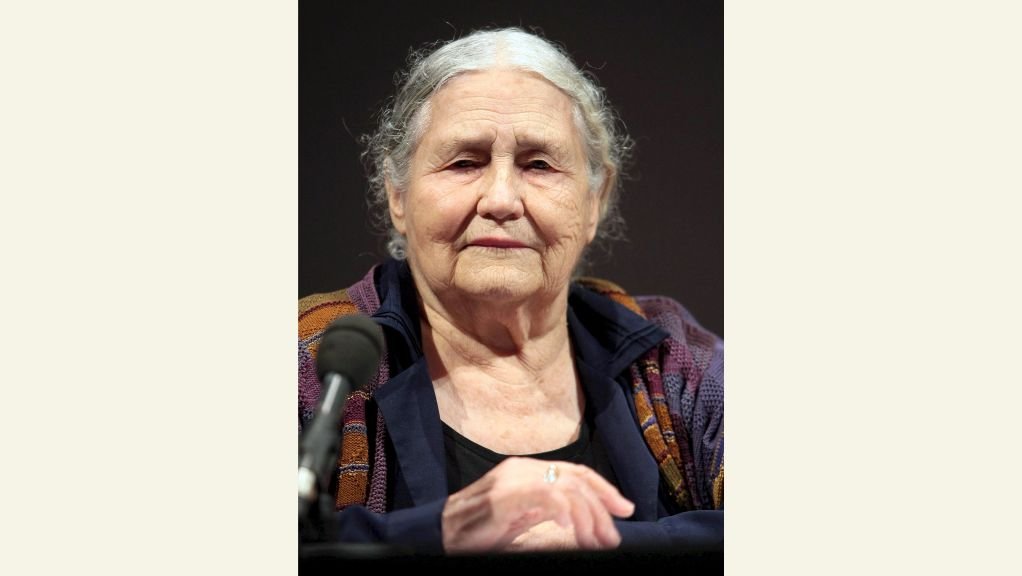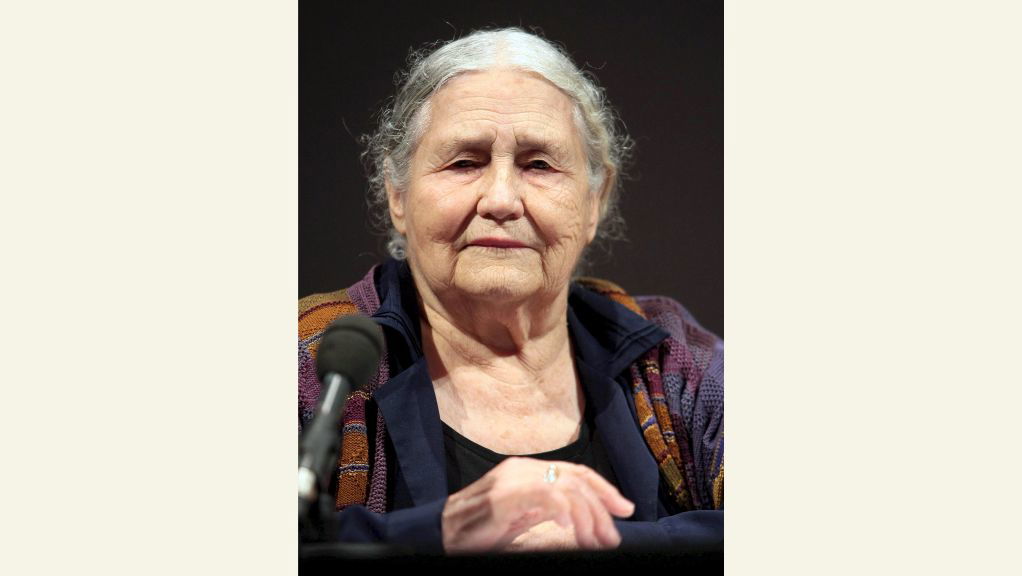Exactly 10 years ago, on November 17, 2013, Doris May Lessing, Zimbabwean author of British origin and winner of the Nobel Prize for Literature in 2007, left us. Her personal story and her work speak of a free woman who always tried to emancipate herself. from any categorization and any simplistic definition.
Giovanni Carbone
Exactly 10 years ago on November 17, 2013, Doris Mae Lessing left us. Born in Kermanshah, Iran, in 1919 and awarded the Nobel Prize in Literature in 2007, with a motivation that sums up a lifetime of authentic civic engagement: “singer of the female experience set with skepticism, passion and vision by a divided culture.”
His own personal story is a novel, in the pages of which matures the burning desire to always be next to the least and with women. Her feminism is certainly characterized by the struggle for women’s rights, for their emancipation and affirmation beyond judgment and prejudice, but it is also and above all a court of attack on the citadel of patriarchy with its hierarchical constructions, the examples oppression and its contradictions. . Doris May Lessing’s feminism is able to understand how women’s sub-fatherhood is a cultural expression of the same patriarchy that defined and fueled the dynamics of colonialism first and imperialism later, causing the discontent of those seeking a place in the world. It is, therefore more than an unequal relationship between the sexes. This is why she never identifies herself as a feminist writer, rejecting the label as simplistic. As he told the New York Times:What the feminists want from me is something they haven’t thought about because it comes from religion. They want to be their witness. What they really want me to say is “Sisters, I will stand with you in the fight for the day when these beastly men are no more.” Do they really want such simplistic statements to be made about men and women? In fact, they really want it. I have come to this conclusion with great regret.”
The sharp and vivid prose of his writings is precisely aimed at deconstructing this massive machinery of cultural power. male. A prose that knows how to become familiar, to show the other possible side of relationships and to draw subversive trajectories, even to the point of alienation, giving us deep looks that unfold on infinite levels (recovering its etymologically purest meaning, from the Latin e- vertere, to change direction). His gaze is combative. He does not speak with rumours, but lives the processes, traverses the social dynamics, without avoiding experiencing the most brutal ones and venting them with the authentic emotion of the researcher. Because this is his story, and this story is a consistent part of what he says. His characters are closely connected to the reader, creating empathy as all their fragility is exposed in the often failed attempt to find their own dimension.
He had contact with the “subjugated” world from a young age. The father, an English military veteran of the First World War, marries a rough-tempered nurse and takes a job as a bank clerk in the Shah’s Persia. Then in 1925 the whole family chose to move to Southern Rhodesia, a symbol of “slavery and wild” Africa, to grow corn. But this enterprise, which the mother strongly desired, she soon established. It is precisely the harshness of the relationship with her mother that leads the author to leave school and choose a free self-taught education. He writes extensively of his African experience, expressing intense pity both for the peasants who came from the UK, often dismayed by the failure of their hopes of finding a paradise in those “savage lands”, and for the conditions of acute suffering in where the natives live.
Different periods can be distinguished in his works. Beginning with real militancy, with adherence to communism, until the mid-1950s. This is the moment of his political writing that ends with the progressive decay of ideologies, the party becoming rigid in bureaucratic positions, and then with speech of Khrushchev which seems to be definitively closing an era. Confusion prevails because of the lack of authentic collective consciousness, because of the disappearance of reference points, and because of the progressive distancing of the Western left from anti-capitalist positions. Precisely this confusion leads her to a writing more attentive to social issues and psychological ramifications, which become her narrative horizon for a long time, precisely to explore disappointment and the absence of another perspective. In the 1970s Doris Lessing became fascinated by the themes of Sufism. He introduces them in his series of five texts Canopus in Argos, books with a science fiction setting. In this collection, the author suddenly changes direction from her previous works, following a cosmic journey shrouded in mysticism.
The golden notebook, from 1962, is perhaps her strongest work, for its highly original narrative style, but mainly for the contents that lead the author to be characterized as an “angry feminist”. In the five notebooks (black, red, yellow, blue, gold) Lessing describes the “free women”, those who can live their lives beyond social prejudices and beyond the judgment of men. It is certainly the author’s most representative work which, through the eyes of the protagonist, the author Anna Woolf (the wink at Virginia Woolf does not seem accidental) reveals today’s burning frustrations as an anticipation of social decay. tomorrow. The first four quartets are reunited in a definitive composition in the final landing of the fifth, gold, which not coincidentally gives the work its title. The particular structure is the most important feature of his style and if on the one hand it represents the fragmented image of the contemporary, on the other hand it manifests itself as a very effective tool to lead the reader to a careful examination of the narrated events. and in a perception full of the interior of the protagonists.
Doris May Lessing’s work is monumental, so rich and varied that it cannot be recorded. After all, throughout her life she tried to free herself from any categorization and any simplistic definition. To avoid any misunderstanding, his favorite animals – to which he has devoted many stories – are cats, aware that they are free, unable not to be so, even as they pass through the tunnels and narrowest battlements of human cities .

PHOTOS: ANSA / ULRICH PERREY
Did you like this article?
To continue bringing you quality content, MicroMega needs your support: DONATE NOW.



